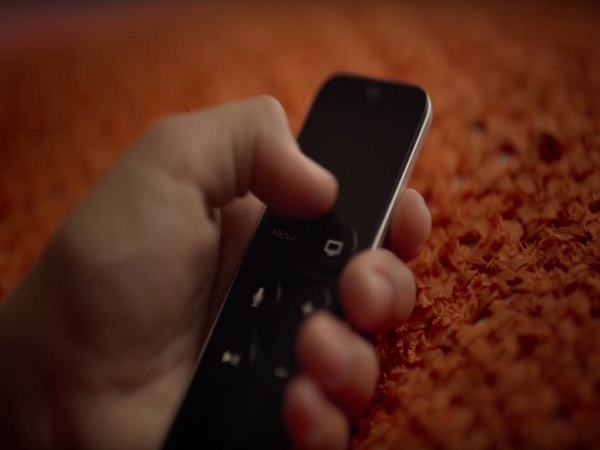5 Tips to Protect Your Digital Data From Getting Stolen
Can you truly trust the apps that you have installed? These apps can access your geolocation and phone data without even telling you. Some of the apps can even read and write your data, such as your contacts, dates, passwords, and even credit card information. Wherever you go, these apps can track you. Do you love the photos of you and your loved ones? These apps can also view your photos.
So, today we will be going to provide you some security tips to protect your phone data. Let’s get started.
1. Try a Password Manager
Try to choose the strongest password possible. A secure password is a combination of random characters, numbers, and letters. These types of passwords are almost impossible to crack. However, these passwords are hard to remember and can be forgotten easily.
Password manager app is an excellent solution for keeping all passwords safe and rememberable. It can store your passwords in an encrypted and password-protected app. This app can also produce and remember strong passwords. On the other hand, Google Chrome offers to save and keep your password safe, which is not recommended as an app or person can easily breach it. Security experts always recommend the Password Manager software to keep your passwords safe and private.
You should also choose individual passwords for different accounts. If you use the same password for all accounts, then it is like giving someone full access to all your accounts. But again, it is hard to remember multiple passwords, and again, the password manager can be helpful.
2. Always Use VPN While Using Public WI-Fi
Do you know if you use a public Wi-Fi network on your phone, then other people that are connected to the same network can snoop into your private data? To avoid these risks, always use a VPN service to hide your private data and phone. VPN can prevent your data from being snooped by other people
3. Be Aware While Giving App Permissions
Do you know that if an app asks for permissions to read and write your messages, then it can also read your OTP (one-time passwords)? Yes, it is true that if an app gets the permissions to read your messages, then your messages are no longer private, the owner of the app can inspect your sensitive messages such as OTP and other details. Always ask yourself, “does this make any sense to ask for certain permission?”
4. Never Install Apps from the Websites
Always install apps from the official app stores such as Google Play Store, Apple App Store, and more. The apps available on third-party websites can be malicious and can steal your data without even asking permission. These third-party apps contain spyware, ransomware, and other harmful threats.
5. Check the App Permissions
Always keep an eye on your app permission on your phone settings. To see app permissions on your phone, go to Settings>Apps and Notifications>App Permissions. After reaching to the ‘App Permissions’ check the Storage and SMS permissions at first. Make sure to deny the app permissions for the apps that are not meant to read your messages and storage.
Mathew Anderson is a creative person who has been writing blogs and articles about cyber security. He writes about the latest updates regarding mcafee.com/activate and how it can improve the work experience of users. His articles have been published in many popular e-magazines, blogs and websites.
Source : digital data



Comments
Post a Comment